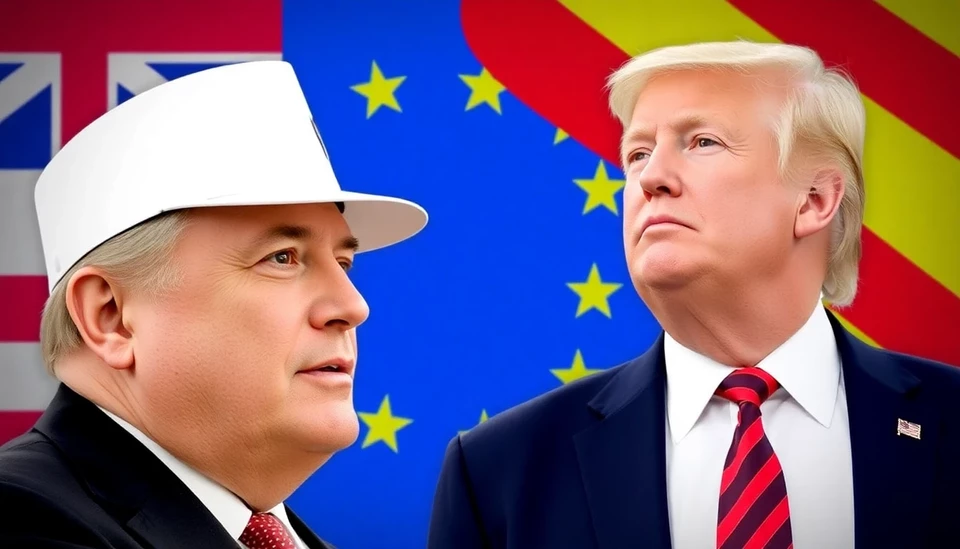
In a bold move that is set to reshape international trade dynamics, former President Donald Trump has announced a sweeping series of new tariffs targeting several countries. This unexpected decision, made public during a rally in North Carolina, aims to enhance U.S. manufacturing and protect American jobs from foreign competition. Trump's announcement has already sparked a flurry of reactions from various economic experts, politicians, and business leaders, signaling a potential shift in the global trade landscape.
The new tariffs, which range from 10% to 25% on a wide array of goods, are primarily aimed at nations perceived to be trading unfairly with the United States. China, Mexico, and certain European nations are among the primary targets of these duties. Trump argues that these tariffs are necessary measures to counterbalance what he describes as years of unfair trade practices that have undermined U.S. industries.
During his address, Trump emphasized the importance of prioritizing American workers, stating that this initiative is about "putting America first" and reviving manufacturing jobs that have been lost to overseas production. He also expressed confidence that imposing these tariffs would foster a sense of patriotism among consumers, potentially leading them to choose domestically produced goods over imports.
The implications of this announcement are significant. Economists predict that the tariffs could lead to increased prices for consumers, as businesses may pass along the added costs. Additionally, some industries that rely heavily on imports for raw materials might face challenges, potentially impacting their competitiveness in both domestic and international markets.
Global leaders have reacted to Trump's tariffs with concern, suggesting that this could lead to a trade war reminiscent of previous conflicts. Some analysts warn that such measures could trigger retaliatory tariffs from affected countries, further escalating tensions in international trade relations. This could have widespread consequences, affecting everything from commodity prices to supply chains across industries.
The political landscape is also heating up as lawmakers on both sides of the aisle voice their opinions regarding the tariffs. Supporters claim that these actions are necessary to protect American interests, while opponents argue that they could harm consumers and businesses alike. The response from the Biden administration remains to be seen, as they analyze the potential impacts and consider their own strategies moving forward.
This announcement comes as the U.S. economy is grappling with various challenges, including inflationary pressures and supply chain disruptions. As businesses and consumers brace for the effects of these new tariffs, the broader implications for the U.S. economy become increasingly pressing.
In today’s episode of the "Big Take" podcast, experts dissect the potential ramifications of Trump's tariffs, examining what they mean for domestic and global markets. They explore possible scenarios that could unfold in light of this major policy shift and analyze the responses from key stakeholders involved.
As the situation evolves, it will be crucial for those in the business community and policymakers alike to stay informed on the potential fallout from these tariffs. Trump's latest move raises questions about the future of trade, American manufacturing, and economic relationships that are foundational to the way countries operate together in the global arena.
As we remain vigilant, we'll keep you updated on any further developments regarding this significant trade policy announcement and its effects on the economy and international relations.
#TrumpTariffs #TradeWar #Economy #Manufacturing #USPolitics #GlobalTrade
Author: Daniel Foster




